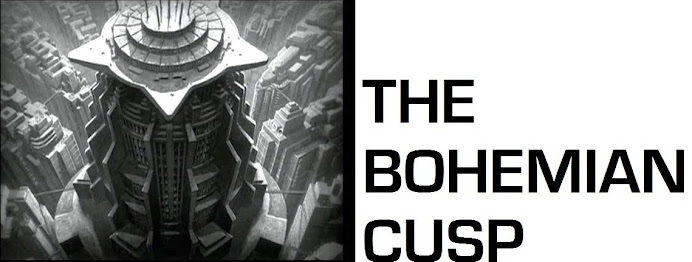
There is no doubt that since its popular emergence in the 1990s, the internet has provided the world with the means to become, socially, much smaller. From the chat rooms of yore, to instant messaging services such as ICQ and MSN Messenger, to blogs and forums and, of course, now to the giant social media sites Facebook and Twitter, we are provided with a vast amount of opportunity to easily connect to each other.
However, we do not seem to do this to the extent that it is popularly believed. We commonly have Facebook and Twitter profiles that are packed with friends, or in the case of Twitter, followed by friends (though we may also follow famous people). Yet, by friends I specifically mean friends as people we know, have known and have developed relationships with, people who, more often than not, may share similar experiences, outlooks and lifestyles. Even when one’s “friends list” doesn’t necessarily reflect this, it will still be more than likely that the friends they most regularly interact with will. Either that, or their list will be semi-regularly purged of friends with whom they rarely communicate (a practice which I have never understood, I mean, it’s not like they’re actually taking up space or cluttering a physical area, but I digress).
What this seems to point to is an inherent contradiction in the social outreach capabilities of the internet. We don’t necessarily seek to make our world smaller through relating to others, rather, we seem to simply better organize our social world as it would otherwise exist. It is an opportunity afforded to us that we, more often than not, refuse to accept. After all, how often has it happened that you have rejected the friend request of someone whom you neither knew nor shared friends with (spam and porn aside)?
To this end, the question is raised as to whether or not we are stunting our own social development? By consistently adhering to only our immediate networks, we deprive ourselves of the richness and plurality of all the different people and social experiences that we could easily engage with. Even if we do not agree with the perspectives or lifestyles of an individual whom do not actually know, by simply relating to them in some way or another, we can chance the positive growth of our understanding of the world and all those around us.
Enter The Stwanger. After hearing an episode of CBC Radio’s technology program Spark, which was addressing this contradiction, a developer in Toronto created a Twitter based program that connects users to complete strangers. Based both on taking advantage of the internet’s communicative possibilities, as well as on the philosophy that expanding our networks and relationships to include those who we share little to nothing in common with makes us personally richer as global citizens, the Stwanger opens the door for us to, at least, peer into a world in which we would otherwise have no connection. Check out the “Huh?” section on the Stwanger’s website for a better explanation on how to use it, and how it can even be used as a game.

No comments:
Post a Comment